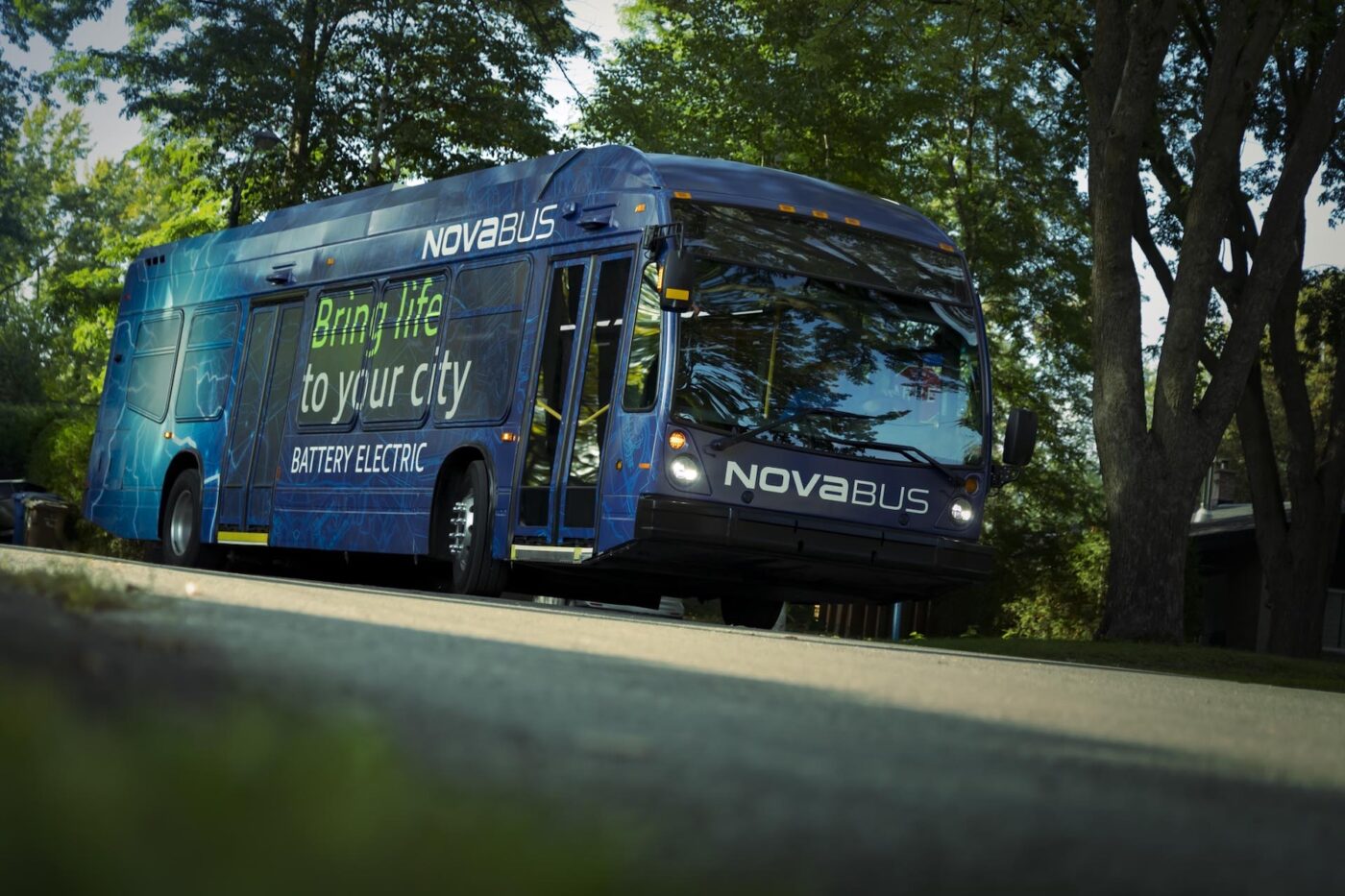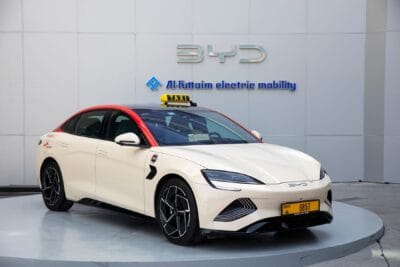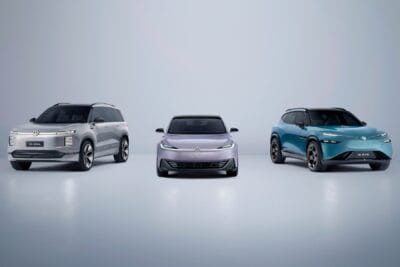Volvo subsidiary Nova Bus receives order for 80 electric buses
The Regional Municipality of York has opted for the LFSe+ model, which stands for Low Floor Series Electric Plus. It is therefore a low-floor model that is electrically powered. The electric buses are 12.19 metres long, 2.59 metres wide and 3.30 metres high. It was built on the existing LFS platform from Nova Bus and thus represents the electric version of a bus with which several transport companies in Canada have been familiar for many years.
The exact configuration ordered by the Regional Municipality of York is not yet known. Nova Bus writes that the LFSe+ buses are equipped with two charging options: They can be charged via a pantograph as well as by plug. In this way, the manufacturer wants to ensure complete adaptability to the existing charging infrastructure and enable efficient route planning. The modular battery design enables up to 564 kWh of energy to be stored on board.
Deliveries of the buses, which will be manufactured at the Nova Bus plant in Saint-Eustache in the province of Québec, are scheduled to begin in 2026. “We are thrilled to have been awarded [the] contract because it not only demonstrates our expertise in electric bus manufacturing but also reinforces our position as a leader in sustainable public transit solutions. Being at the forefront of the electrification of public transport is a commitment we take very seriously, and this new contract serves as strong evidence of that,” said Paul Le Houillier, President of Nova Bus.
York Region, which is home to over 1.1 million people, already has 14 electric buses in operation and plans to continue purchasing electric buses to achieve its goal of zero emissions by 2050. One of the sub-targets for this is to have a fully electric bus fleet by 2050, which is expected to consist of 194 electric buses. Last September, York Region Transit was granted 76 million Canadian dollars (around 50 million dollars) from the Canadian Zero Emission Transit Fund for the purchase of electric buses and the associated infrastructure. This funding complements the Canada Infrastructure Bank’s contribution of 136 million Canadian dollars (around 90 million euros) and York Region’s investment of 177 million Canadian dollars (around 120 million euros).
The LFSe+ model from Nova Bus is extremely successful: in 2023, ten public transport operators in the Canadian province of Quebec placed a collective order for 1,229 electric buses of this type, of which 339 buses were ordered permanently and the remaining 890 as options. This was followed in 2024 by an order for 51 electric buses from the Canadian transport provider OC Transpo, among others.





1 Comment